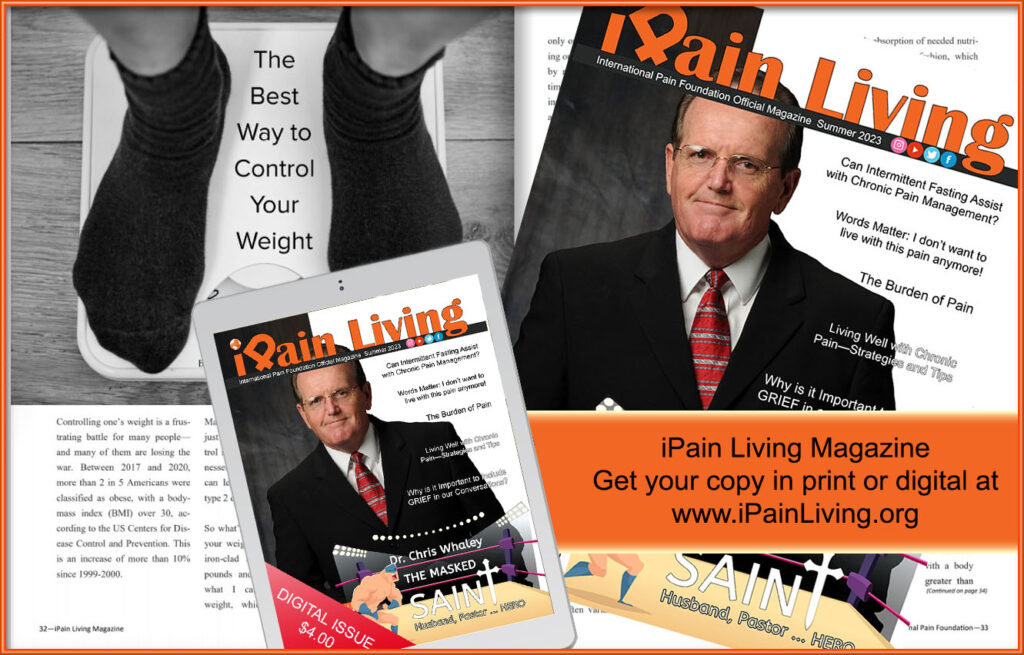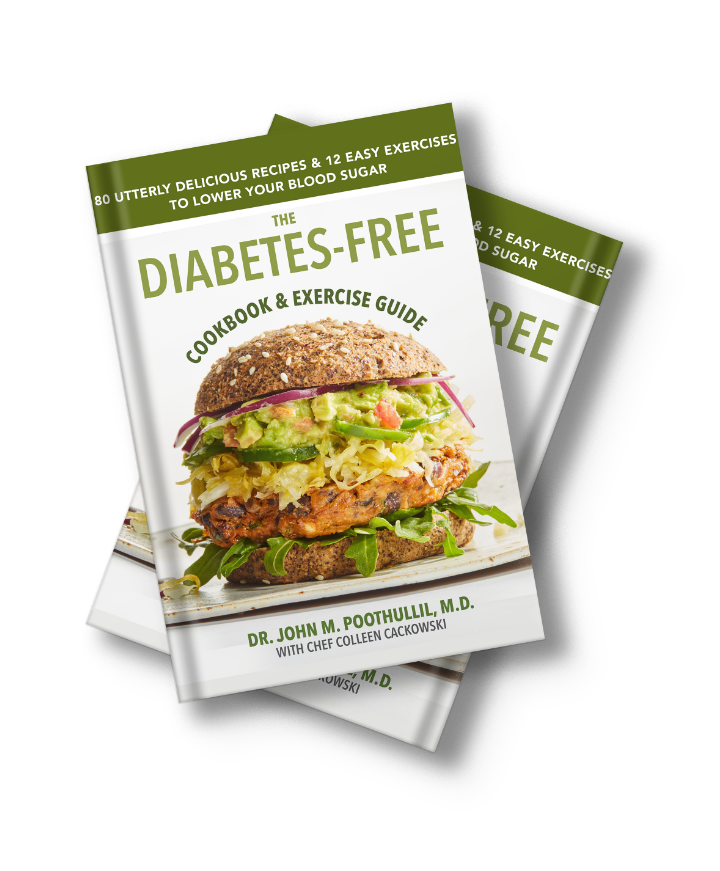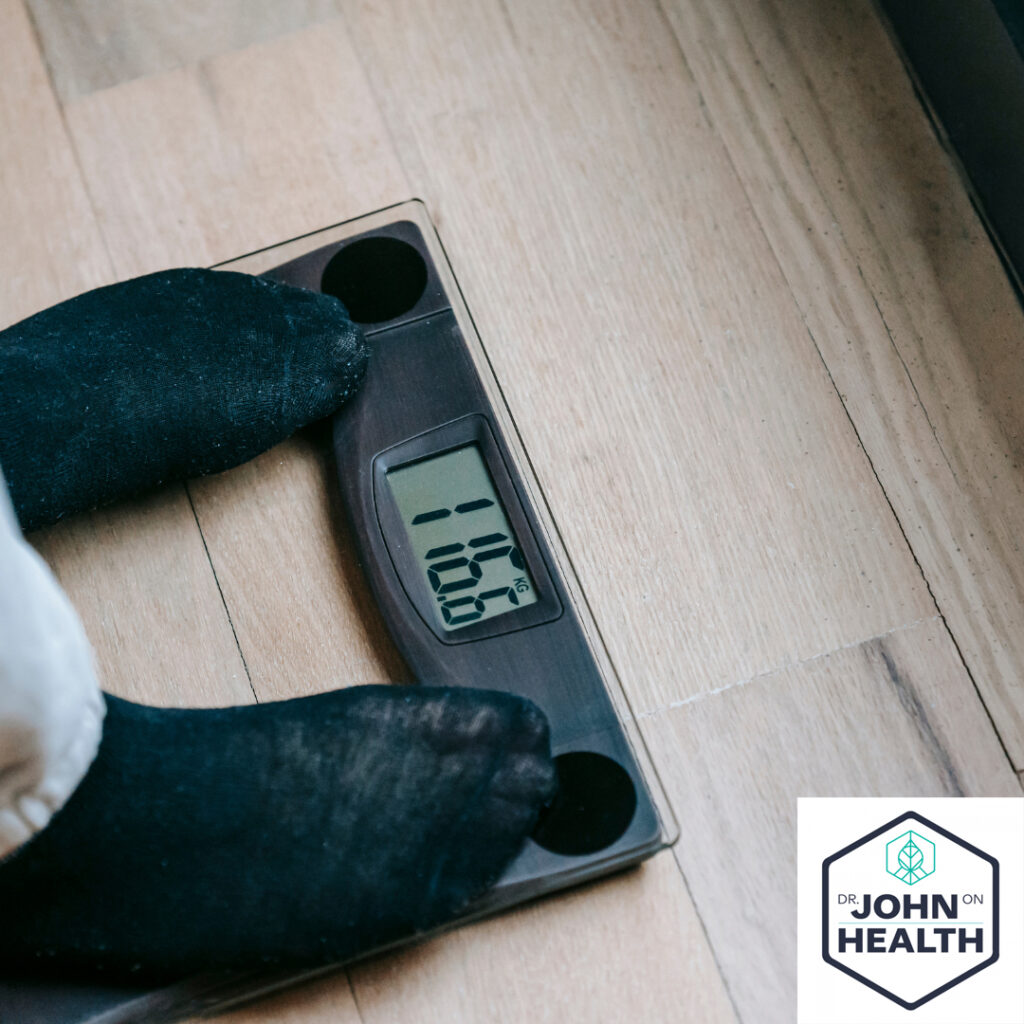
I was honored to be a contributor once again to the Summer 2023 iPain Living Magazine Edition. My first article on page 10 discussed how you handle the stressors in your life and how that is reflected in your pain management. In the Winter edition on page 30, I discuss how Type 2 Diabetes is a larger epidemic globally than Covid. This Summer, my article discusses the best ways to control your weight.
iPain Living Magazine delivers relevant information on chronic pain challenges, tips, tools, and resources that put pain into context in people’s lives. If you are someone you know is suffering from chronic pain, you can subscribe to the quarterly magazine at www.ipainliving.org. This is year 7 of the magazine and I am very excited to be included.
Click this link to read the magazine and you can find my article about Type 2 Diabetes on page 32.
The Best Way to Control Your Weight
Controlling one’s weight is a frustrating battle for many people—and many of them are losing the war. Between 2017 and 2020, more than 2 in 5 Americans were classified as obese, with a body mass index (BMI) over 30, according to the US Centers for Disease Control and Prevention. This is an increase of more than 10% since 1999-2000.
Maintaining one’s weight is not just for appearances. Weight control is vital to prevent chronic illnesses. Being overweight or obese can lead to stroke, heart attack, type 2 diabetes, and even cancer.
So what’s the best way to control your weight? Is there a proven, iron-clad method to lose extra pounds and consistently live at what I call your “authentic” weight, which is roughly the weight you were at when you were around 24 years old (unless you were already overweight or obese at that age.) Let’s review the various methods of losing weight and evaluate which one(s) might be best for you.
Intermittent fasting
This method is often promoted to reduce calorie intake by eating only on alternate days, or not eating on certain days of the week, or by restricting eating to specified times of the day. Intermittent fasting is generally considered safe and harmless. However, the US National Institute on Aging states that there is insufficient evidence to recommend intermittent fasting as a good long-term solution to maintain one’s desired weight.
In some people, fasting can lead to consuming more, not less. An empty stomach can produce intense hunger, which then leads to food cravings and binge eating.
Fasting can also cause constipation for two reasons: reduced roughage from a lack of vegetables and low amounts of intestinal gas production that comes from the action of intestinal bacteria on vegetables. You need these bacteria to nourish the cells lining the intestinal walls and to fuel the early morning colon shuttle that runs on gas. When there is no gas production, stool cannot move out of the colon. You also need a healthy intestinal bacterial colony to support a healthy immune system.
Drugs
Many people try to use drugs that are often variants of medications to treat convulsions, addiction, or depression, and were found to lower appetite. However such weight loss drugs can be addictive and cause dangerously high blood pressure if taken for a long period.
Other drugs are modifications of those used to lower blood sugar in Type 2 diabetes. These work because the intestine releases a hormone in response to glucose molecules in food. This hormone stimulates the pancreas to release insulin, but it also suppresses the sensation of hunger. The loss of hunger usually disappears within minutes so researchers have found a way to prolong the action of this intestinal hormone to achieve continued insulin release and a longer suppression of hunger.
The problem is, that these Type 2 diabetic drugs modified for weight loss were found to cause nausea, vomiting, diarrhea, and constipation in a significant number of people. Of course, people with an upset stomach will take less food and lose weight. Prolonged suppression of hunger by weight loss drugs may also interfere with the body’s absorption of needed nutrients in a timely fashion, which h can then lead to food cravings. Meanwhile, the continued release of insulin can lead to cancer cell growth.
Finally, in most cases of drug-induced weight loss, the rate at which one loses weight tapers off significantly after about one year. When people stop taking the drugs, they start regaining the weight.
Food supplements
Many food supplement compounds are being marketed as “natural” weight loss supplements, without any long-term controlled studies to verify this. Some may produce insomnia, irritability, and headaches. Also, there is practically no standardization of strength or quality control measures on these items. In short, you are taking a chance.
Bariatric Surgery
The American Society of Metabolic and Bariatric Surgery (ASMBS) recommends bariatric surgery for adults with a body mass index (BMI) greater than 35, regardless of obesity-associated conditions, and for people with BMI between 30 and 34.9 who have metabolic disease. Some of the bariatric surgical procedures to achieve long-term weight loss restrict food intake, some affect the body’s cell signaling pathways, and some decrease nutrient absorption, thus lowering the amount of fat the body retains. However, bariatric surgery can also result in deficiencies of iron, vitamin B12, fat-soluble vitamins, thiamine, and folate. In addition, increased Incidence of alcohol and mental health-related issues have been reported after obesity surgery.
If you are considering weight loss surgery, I suggest that first, you find out what type of diet you will be able to eat afterward. Then, at least for a few weeks before the surgery, try eating that way. You may achieve at least some modest weight loss without having to go through the actual surgical procedure.
Weight Gain Control the Natural Way
I suggest there is a far more natural way to control weight gain that is also far more successful. Think of it this way. Most people gain one or two pounds per year by repeated small increases in their daily consumption of calories and less exercise due to the priorities of work and family. This means we have to pay attention to why we tend to overeat. In my view, there are three reasons:
- Dopamine-based: You may eat for the pure enjoyment of eating, even when not hungry because the brain has learned to produce dopamine in response to enjoyment. We learned to enjoy food going back to our childhood meals with family, parties and festivities, and meals with friends. The absence of undesirable consequences we had as children to overeating led to a gradual acceptance of this eating pattern. We also may have justified overeating in our minds by saying one has to eat to survive anyway. However, the difference is that you are likely to hurt yourself if overeating or eating when not hungry becomes frequent and excessive, leading to weight gain and Type 2 diabetes or other lifestyle conditions.
- Fullness-based: You may start eating in response to the sensation of hunger but you don’t stop eating your stomach feels full rather than when the intensity of your enjoyment declines which is the body’s natural signal to terminate a meal. Here too, you may have started overeating accidentally at family events, parties, business meetings, or trips to new places where food is cheap or at restaurants with “all-you-can-eat buffets.” What you have to remember is that most of us do not do this when it comes to quenching our thirst. We don’t drink until we feel full; we stop drinking when our thirst is quenched, without actually caring about the quantity of water we drank. The more often you eat to experience a full stomach, the more it will become your common pattern of overeating.
- Stress-induced: Stress is any stimulus that you especially consider harmful to your safety, security, and well-being, or that alters the meaning or intensity of your feelings. Anyone with a chronic medical condition is susceptible to stress and anxiety. The intensity of stress can be more when there is a complication related to a health condition, a side effect of treatment, or an unexpected change. Your level of stress can be further compounded by isolation from social contacts. A regular habit of eating to relieve your stress can lead to weight gain, obesity, and their consequences.
By keeping in mind these three reasons you might be gaining weight, or failing to lose it, you can often catch yourself in the act of overeating and stop it. The more often you notice that you are eating when you are not truly hungry, the stronger your willpower can become to get back control of your weight.
Reduce Your Consumption of Grains and Grain-based Foods
This is one more element to my recommendations on how to return to your authentic weight and control weight gain throughout your lifetime: reduce how much grain and grain-flour products you eat. I am referring to cutting out a lot of the bread, rice, corn, pizza, tortillas, muffins, cakes, and so on to half of what you are likely eating now.
The epidemic of obesity in the US and around the world began about 60 years ago when we had the Agricultural Revolution that made grains and grain flour inexpensive and easy to transport. Before then, grains and grain flour products contributed less than a third of the average daily food energy intake for Americans. Grains produce a large volume of glucose in your bloodstream, which if not burned quickly, becomes fat that your body stores. By reducing your consumption of grains and grain-based foods, you will begin to lose weight while also very likely lowering your blood sugar.
I suggest you check your weight once a day. If there is a wide fluctuation, review the previous few meals you ate and learn from them to see what foods may cause you to gain weight. Also, if you know you are going to a celebration or event, eat less in the days before it to compensate for the expected overindulgence of food that day.
These are my suggestions for the natural way to lose weight and keep it off. From this day forward, become aware of why you are eating and stop yourself from a consistent pattern of overeating. Reduce your consumption of grains in general but allow yourself a treat now and again. Food is one of the most enjoyable experiences for humans when you can control your weight.
Don’t let Type 2 diabetes or pre-diabetes control your life – start a delicious new journey to a healthier, happier you today!

Discover how you can live a diabetes-free life with Dr. John’s groundbreaking cookbook and exercise guide. With over 80 appetizing low-carb recipes created by Chef Colleen Cackowski, you’ll never miss the high-carb, high-sugar foods of your past.
Every recipe nourishes your body and keeps your blood sugar levels in check so you can enjoy tasty, satisfying meals. Dr. John also offers 12 easy-to-do exercises to boost your flexibility and balance and keep you healthy as you age.
What people are saying…
Filled with tons of easy-to-make meals and encourages enjoyable meal planning for moms like me. I highly recommend this book to diabetics and families trying to live and eat healthily. —Maria Chalissery, M.Sc., Diet Technician
If you are looking for ways to improve your health and add more zing to your meals, these recipes are exactly what you need. —Jyoti Veeramoney, Chef, Certified Yoga Instructor
These exercises are great because they focus on dynamic movement that improves joint range of motion and flexibility. They require no equipment, build core strength and stabilization, and incorporate movements that can correct posture, which can decrease the risk of falling. —Sophia LaValle, NASM Certified Personal Trainer


